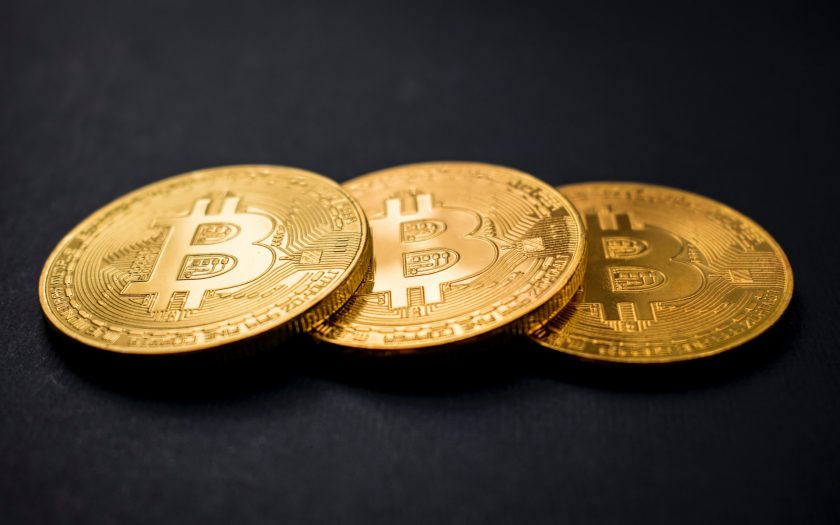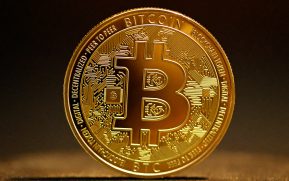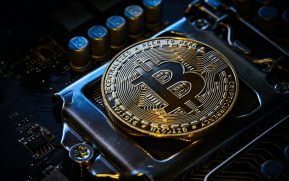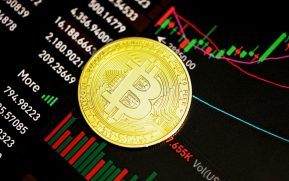
by Sergio Goschenko
Venezuelan Banks have started eyeing the accounts of customers with ties to cryptocurrency trading, principally related to peer-to-peer (P2P) transaction activity. According to Legalrocks, a crypto and blockchain-focused legal firm in Venezuela, more than 75 accounts have been blocked by Venezuelan private banks for facilitating crypto-to-fiat and fiat-to-crypto conversions since the end of 2021.
Venezuelan banks are ramping up vigilance on accounts that commonly are related to cryptocurrency transactions. According to a blog post published by Legalrocks, a Venezuelan law firm focused on cryptocurrency and blockchain, more than 75 cases of accounts that have been suspended or are under investigation have been registered since the end of 2021.
Ana Ojeda, CEO of Legalrocks, states that using these accounts to receive fiat currency for a sale or exchange for cryptocurrency should not be considered a valid reason for blocking them. However, she clarifies that this changes if there are sufficient signs that the funds used in these transactions are related to illegal or criminal activities.
In the same way, transactions going through cryptocurrency exchanges not authorized by Sunacrip, the national superintendency for cryptocurrency assets, could also be considered suspicious by financial authorities, and justify an investigation.
Ojeda explains that stablecoin exchanges through P2P markets are common due to the economic debacle and the high levels of devaluation that the national fiat currency (the Venezuelan bolivar) has experienced during this year. This means that people use stablecoins as a store of value, purchasing them when receiving fiat currency as payment and then exchanging them for fiat currency again to purchase goods and pay for services.
According to a report presented by the United Nations in July, Venezuela ranks third among the countries with the most cryptocurrency adoption.
According to Ojeda:
Venezuela has been leading the region for several years as the Latam country that uses cryptocurrencies the most to protect itself against inflation and the loss of savings capacity.
Stablecoin-based P2P markets have become so popular and extensive in Venezuela that some analysts believe they could be playing an important role in the dynamics of the U.S. dollar-bolivar exchange rate. In November, when the bolivar fell 40% against the U.S. dollar, economist Asdrubal Oliveros mentioned the interplay of crypto markets and the greater economy, along with the FTX collapse and the fear of holding funds on custodial exchanges, as a possible cause.
What do you think about Venezuelan Banks suspending or investigating crypto-related accounts? Tell us in the comments section below.
Sergio is a cryptocurrency journalist based in Venezuela. He describes himself as late to the game, entering the cryptosphere when the price rise happened during December 2017. Having a computer engineering background, living in Venezuela, and being impacted by the cryptocurrency boom at a social level, he offers a different point of view about crypto success and how it helps the unbanked and underserved.
Image Credits: Shutterstock, Pixabay, Wiki Commons
Disclaimer: This article is for informational purposes only. It is not a direct offer or solicitation of an offer to buy or sell, or a recommendation or endorsement of any products, services, or companies. Bitcoin.com does not provide investment, tax, legal, or accounting advice. Neither the company nor the author is responsible, directly or indirectly, for any damage or loss caused or alleged to be caused by or in connection with the use of or reliance on any content, goods or services mentioned in this article.
Ripple CEO: SEC Lawsuit Over XRP ‘Has Gone Exceedingly Well’
The CEO of Ripple Labs says that the lawsuit brought by the U.S. Securities and Exchange Commission (SEC) against him and his company over XRP “has gone exceedingly well.” He stressed: “This case is important, not just for Ripple, it’s … read more.
Oman to Incorporate Real Estate Tokenization in Virtual Assets Regulatory Framework
Real estate tokenization is set to be incorporated into Oman Capital Markets Authority (OCMA)’s virtual asset regulatory framework. According to an advisor with the authority, the tokenizing of real estate will open investment opportunities for local and foreign investors. Real … read more.
 How To Make Huge Profits In A Short Time With Crypto
How To Make Huge Profits In A Short Time With CryptoGet detailed training system that shows an absolute beginner (without any skill) how to make huge profits in a short time with crypto.
 Crypto + NFT Quick Start Course
Crypto + NFT Quick Start CourseThe #1 course for profit in the Crypto & NFT world - You will discover the secrets that 99% of people don’t know yet





